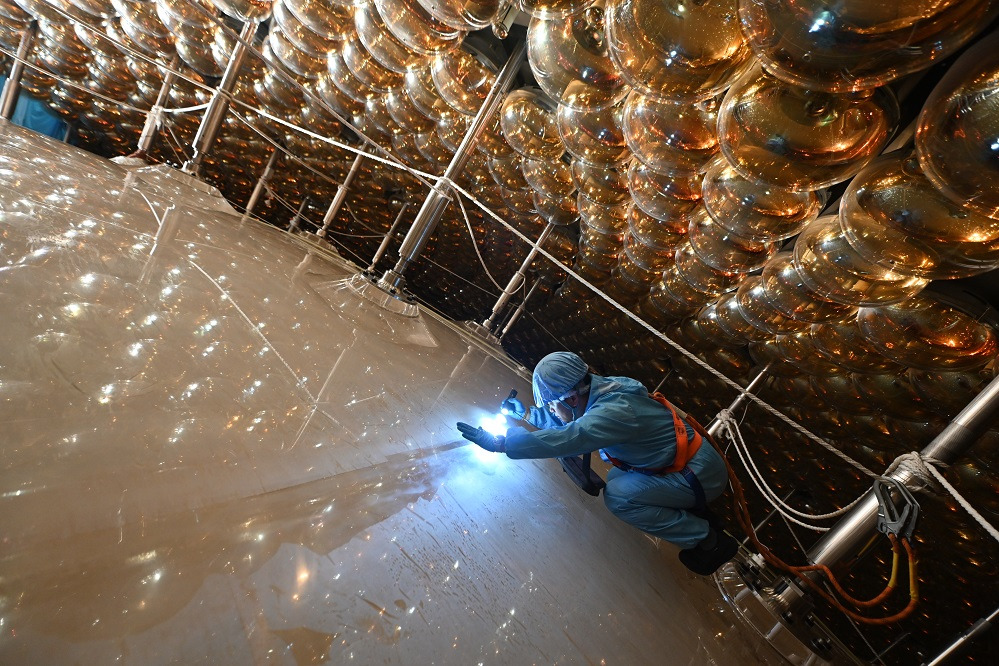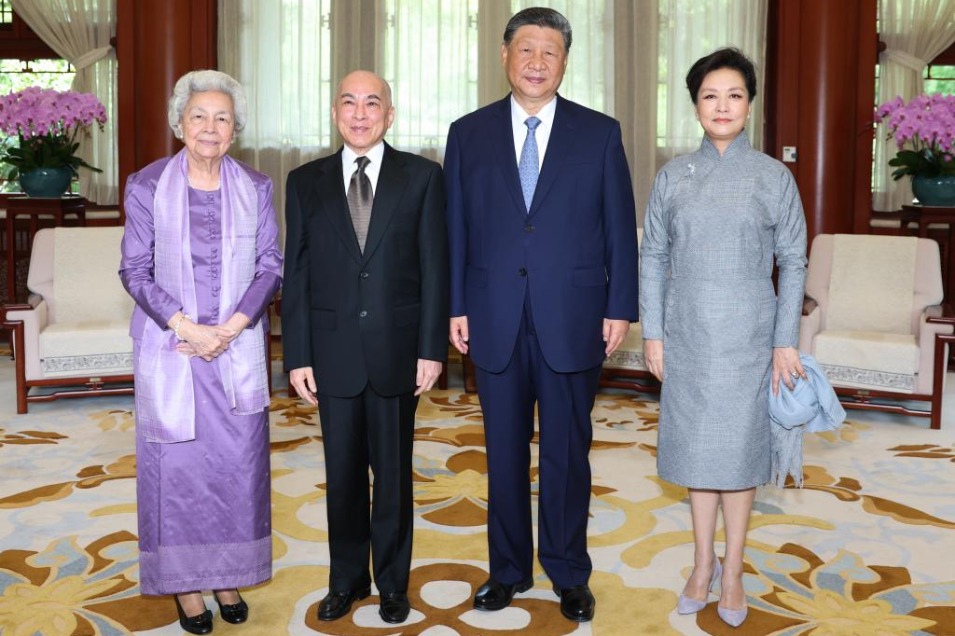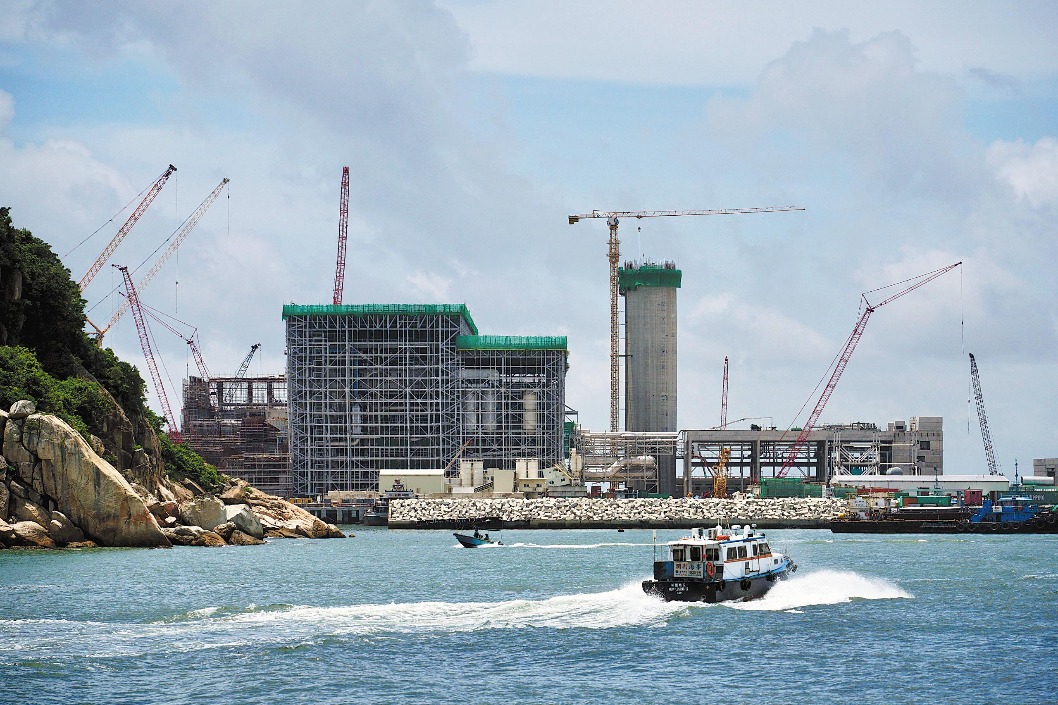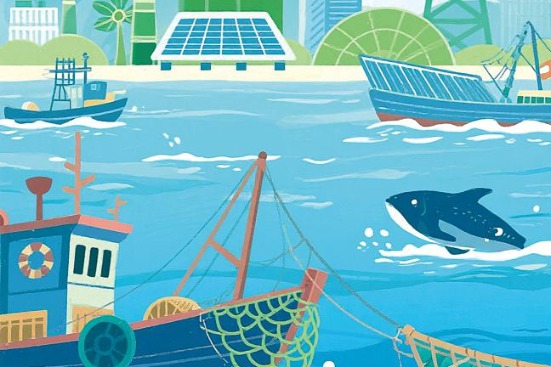Business community gives lesson to Washington on benefits of cooperation: China Daily editorial

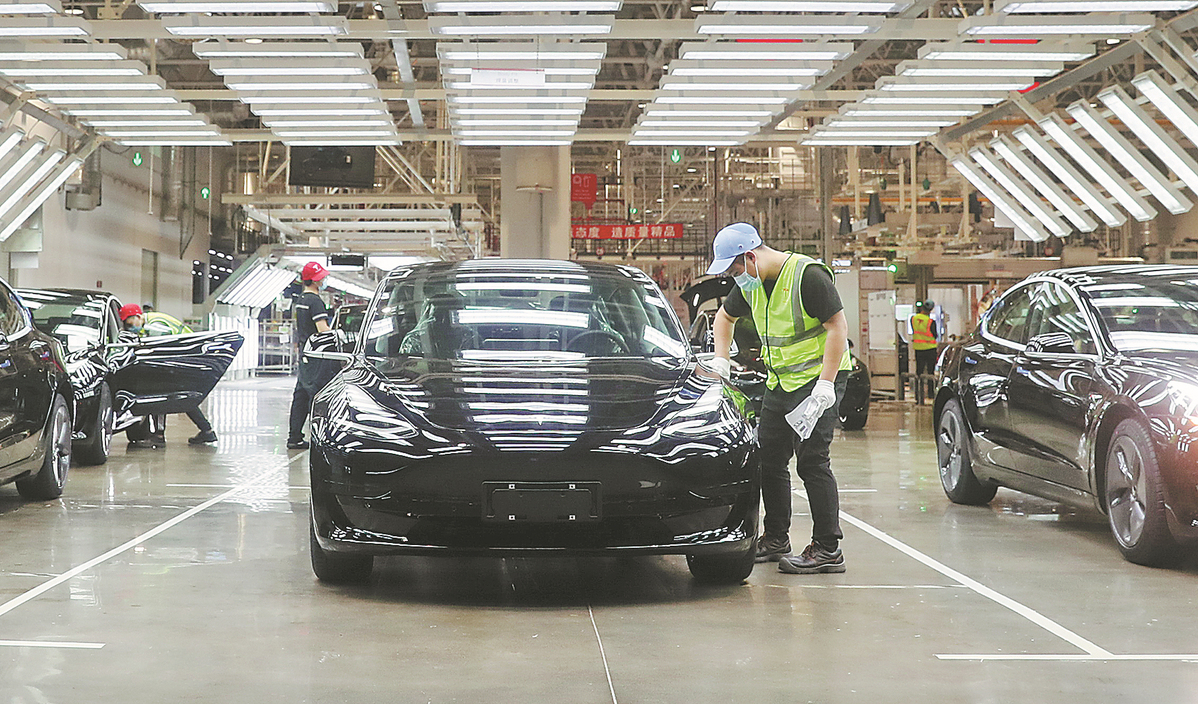
The global public sphere is rife with narratives about an "exodus" of foreign companies from China, claiming they are leaving en masse.
But things are different in the real world. Unlike Western governments, which have just begun to come to terms with the impossibility of an overall "decoupling" from China and are now shifting toward severing ties in specific areas, multinational corporations seem to be clear-minded about the cost of such politicization of normal business relations. The politically motivated nature of the bid to reshape supply chains is revealed by the use of the term "de-risking", which slyly tarnishes any ties with China as being risk-laden.
Some in the West may detest their countries' politicians and business executives heading to China. But that is how today's world works — countries and businesses are too deeply interwoven to not engage with one another.
"De-risking" may be in vogue as the latest ingredient of political correctness in the West, and as the COVID-19 pandemic has shown, companies cannot rely too heavily on specific suppliers or markets. But that is because links may be broken by such unanticipated events, not because there are inherent risks in having business links with a particular country.
Business decision-making may become a formula for self-inflicted damage once it is hijacked by geopolitical calculations.
Some Western politicians seem unable to control their anti-China hysteria. Fortunately, the business world appears to be more sensible about what economic interdependence and its win-win potentials mean.
At the JPMorgan Global China Summit in Shanghai, JPMorgan Chase & Co CEO Jamie Dimon said the United States' disputes with China over security and trade are "resolvable".
Like many Chinese counterparts, he highlighted the need for serious communication. "You're not going to fix these things if you are just sitting across the Pacific yelling at each other. So I'm hoping we have real engagement," he said.
Tesla CEO Elon Musk, too, highlighted the interconnectedness of the two economies. "The interests of the United States and China are intertwined like conjoined twins," Musk said in a meeting with a senior Chinese official on Tuesday.
And, in what is something of a slap in the face for those Western politicians who have been calling for "decoupling", some of the visiting Western business leaders, including Dimon and Musk, have chosen to expand their business presence in the Chinese market.
Not only private capitalists, but also the US Treasury Department is keenly aware of the increasing necessity for the two economies to sustain proper collaboration. Echoing Treasury Secretary Janet Yellen's warning against the "decoupling" of the Chinese and US economies, Assistant Secretary Elizabeth Rosenberg reportedly told a Senate banking committee hearing that her department would "seek expanded engagement" with China in order to work through the difficult issues her country faces.
That is a more realistic appraisal of what the two countries need.
















